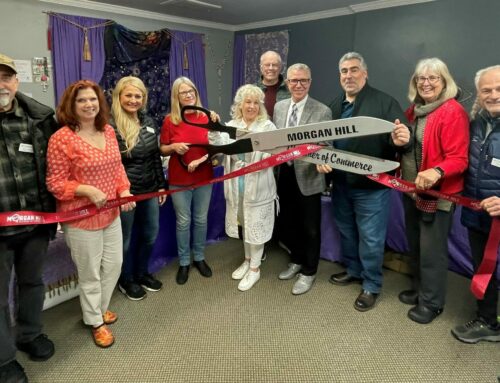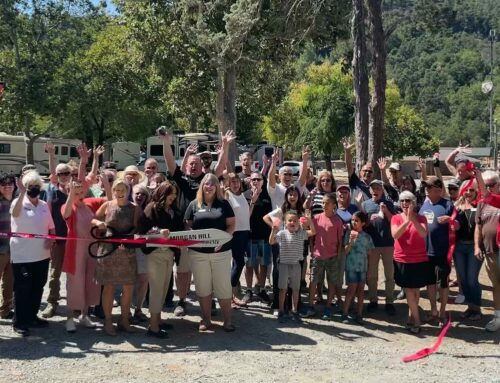Published in the December 20 – January 2, 2018 issue of Morgan Hill Life
 The formal definition of hospice, as per Medicare, is that hospice is for people who are terminally ill and not expected to live more than six months.
The formal definition of hospice, as per Medicare, is that hospice is for people who are terminally ill and not expected to live more than six months.
People need to understand that hospice is intended for people who are terminally ill, and the focus is on care in the form of comfort, and not on care for curing the person’s illness. Hospice care starts when your doctor and the hospice doctor certify that you’re terminally ill and not expected to live more than six months.
Medicare explains it as follows: When you choose hospice care, you decide you no longer want care to cure your terminal illness and/or your doctor determines that efforts to cure your illness aren’t working.
There are people who actually “graduate” from hospice. It’s very rare, but some people placed on hospice later improve to the extent that they no longer need hospice care. In one case I heard of, the woman actually went home and eventually started working again. Highly unusual, but it happens.
Hospice care is generally provided in the home, and for many people, that’s exactly what they prefer.
But have you prepared all the necessary legal documents ahead of time for any decisions that need to be made while you’re still alive, and for people to follow your wishes after your death?
All too often, I am asked to visit someone on hospice to prepare their legal documents, but sometimes the family has simply waited too long, and the person cannot make legal decisions or sign anything. This often leaves the dying person and the family in a very difficult position.
Who can make the person’s healthcare decisions? Who can pay their bills and make their financial decisions? Who will get their assets when they pass? Who’s in charge?
These are all very real questions that need to be given a lot of thought while the person is still of sound mind and can make the decisions their way without being unduly influenced by others.
I recently had a visit from siblings who accused one brother of stealing from the brother with Alzheimer’s, and of having the ill brother change his power of attorney after the ill brother was already diagnosed with Alzheimer’s.
Picking the right people to make decisions for you is critical, and having the right documents put into place while you’re still mentally competent is also critical. You want the right people making your decisions for you, and you want your assets to go where you decide you want them to go upon your death.
The last thing you need is for you to have your hard-earned money stolen from you or your beneficiaries, or to have your assets spent on a litigation battle between your heirs and other beneficiaries.
Take care of things while you can and appoint people you trust to make the right decisions for you and follow your wishes.
Jim Ward is a longtime South Valley resident who lives in Morgan Hill. He went to law school in New England and earned a post-graduate law degree in Estate Planning at the University of Miami. Jim worked as an Estate Planning and Elder Law attorney in Florida, and then returned to open his law firm focusing on Estate Planning and Elder Law. He has offices in South Valley and Willow Glen.






